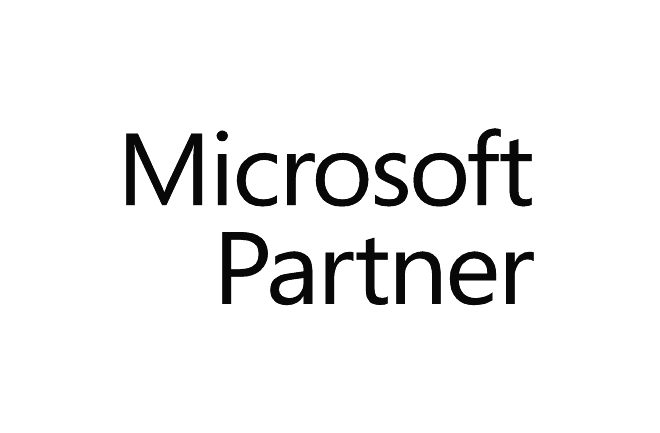Course outline
Reference : DP-3028 Duration : 1 day |
© AFI par Edgenda inc. | |
This course covers generative AI engineering on Azure Databricks, using Spark to explore, fine-tune, evaluate, and integrate advanced language models. It teaches how to implement techniques like retrieval-augmented generation (RAG) and multi-stage reasoning, as well as how to fine-tune large language models for specific tasks and evaluate their performance. Students will also learn about responsible AI practices for deploying AI solutions and how to manage models in production using LLMOps (Large Language Model Operations) on Azure Databricks. | |
Audience | This course is designed for data scientists, machine learning engineers, and other AI practitioners who want to build generative AI applications using Azure Databricks. It is intended for professionals familiar with fundamental AI concepts and the Azure Databricks platform. |
Prerequisites | Before attending this course, students should have :
|
Objectives |
|
Contents | Get started with language models in Azure Databricks
Implement Retrieval Augmented Generation (RAG) with Azure Databricks
Implement multi-stage reasoning in Azure Databricks
Fine-tune language models with Azure Databricks
Evaluate language models with Azure Databricks
Review responsible AI principles for language models in Azure Databricks
Implement LLMOps in Azure Databricks
|
